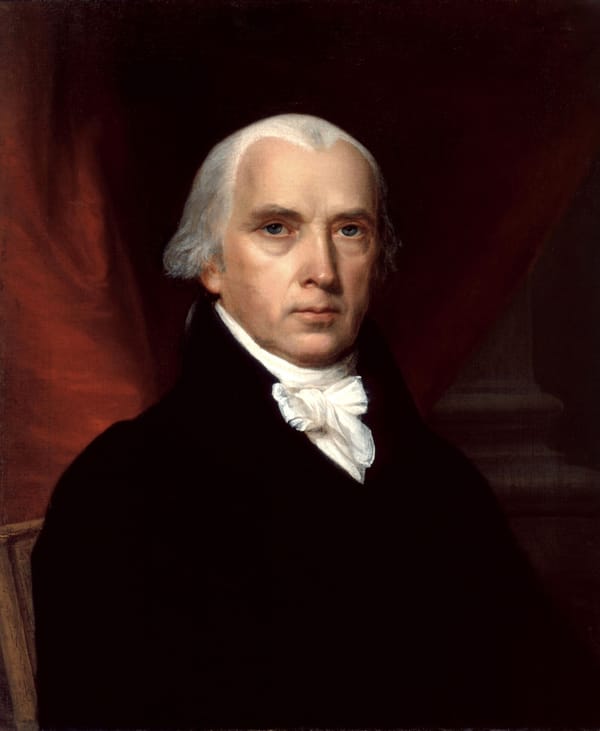We live in the age of diversity ideology, a worldview that ostensibly aims to uplift the socially marginalized. Diversity ideology’s advocates present it as a grassroots movement propelled by the downtrodden, but it is now the rhetorical currency of big business, the military, the Central Intelligence Agency, universities, powerful philanthropic foundations, h.r. departments everywhere, the Democratic Party, even many Republicans.
Diversity as ideology shouldn’t be confused with diversity itself, which tends to engender tolerance, sophistication, and cosmopolitanism. On the contrary, diversity ideology is narrow and parochial. It is a divisive, hollowed-out form of progressivism used to distract and channel legitimate popular grievances into destructive, often petty squabbles. Elites and elite institutions find diversity ideology useful because it keeps the working class divided and distracted.
One of the more striking aspects of diversity ideology is reluctance to criticize it across most of the American left. This, even as corporations and the state have been increasingly open in their appeals to diversity ideology to legitimize profiteering, mass surveillance, and imperial warfare. Recall progressive congressman Jamie Raskin’s letter describing Moscow as “a world center of antifeminist, antigay, anti-trans hatred.” Nonetheless, on the activist left, the conviction remains that identity politics somehow add up to a more “inclusive” form of class struggle from below. In reality, the opposite is true: Diversity ideology offers a highly effective way to wage class war from above—a ruling-class strategy with a long pedigree in the United States.
The logic of pitting people against each other as a method of elite rule is old and well understood. Indeed, one of the greatest political essays of the modern era, James Madison’s Federalist 10, explains exactly how keeping the people divided is essential to maintaining ruling-class hegemony. Written in 1787 to urge ratification of the new Constitution, Federalist 10 addressed elite concerns that political democracy would lead to economic democracy.
